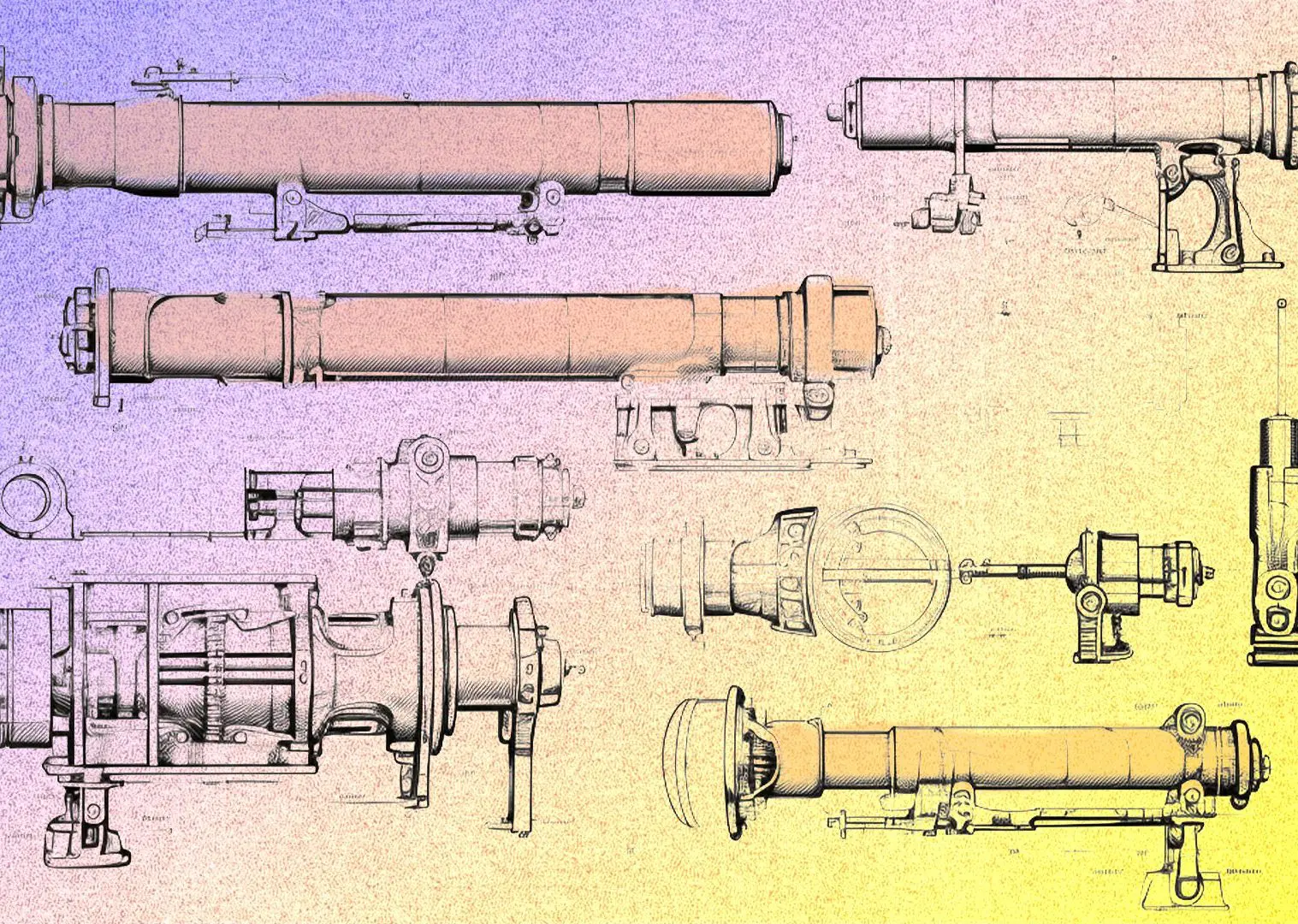
Published 1/19/24 by Groundhog Equipment
As the seasons change, so do the demands on hydraulic equipment. One crucial aspect of equipment maintenance is the type of hydraulic oil used. Choosing the right hydraulic oil for the season can significantly impact performance and longevity. In this blog post, we’ll guide you on when to switch hydraulic oil types for winter and summer, with a focus on encouraging ISO 46 in winter and ISO 68 in summer, ensuring optimal functioning throughout the year.
Hydraulic oil viscosity is a key factor in its performance. Viscosity refers to the oil’s resistance to flow. In colder temperatures, hydraulic oils tend to thicken, affecting the system’s efficiency. During winter, it’s advisable to switch to a hydraulic oil with lower viscosity to maintain smooth operation.
Winter Hydraulic Oil (Under 70 degrees fahrenheit, We recommend ISO 46):
Choose hydraulic oils labeled with ISO 46 viscosity grade for winter.
ISO 46 oils have a lower viscosity, ensuring better flow in colder temperatures.
Consider synthetic ISO 46 oils for enhanced cold-weather performance.
Summer Hydraulic Oil (Over 70 degrees fahrenheit, We recommend ISO 68):
As temperatures rise, hydraulic oils tend to thin out, potentially reducing their effectiveness.
Switch to hydraulic oils with ISO 68 viscosity grade for summer use.
ISO 68 oils have a higher viscosity, providing stability in warmer conditions and preventing overheating.
Checking Manufacturer Recommendations:
Always refer to the equipment manufacturer’s guidelines for recommended hydraulic oil types.
Manufacturers often provide specific recommendations based on the intended use and environmental conditions.
Performing Regular Oil Analysis:
Conduct regular oil analysis to monitor the condition of the hydraulic oil.
Analyzing oil samples helps identify contamination, wear particles, and any signs of oil breakdown.
Adjust the oil type based on analysis results and manufacturer recommendations.
Storage Considerations:
Properly store hydraulic oil containers to prevent exposure to extreme temperatures.
Store oil drums in a controlled environment to maintain consistent viscosity characteristics.
Consulting with Experts:
If in doubt, consult with hydraulic system experts or equipment manufacturers.
They can provide valuable insights and recommendations tailored to your specific equipment and operating conditions.

